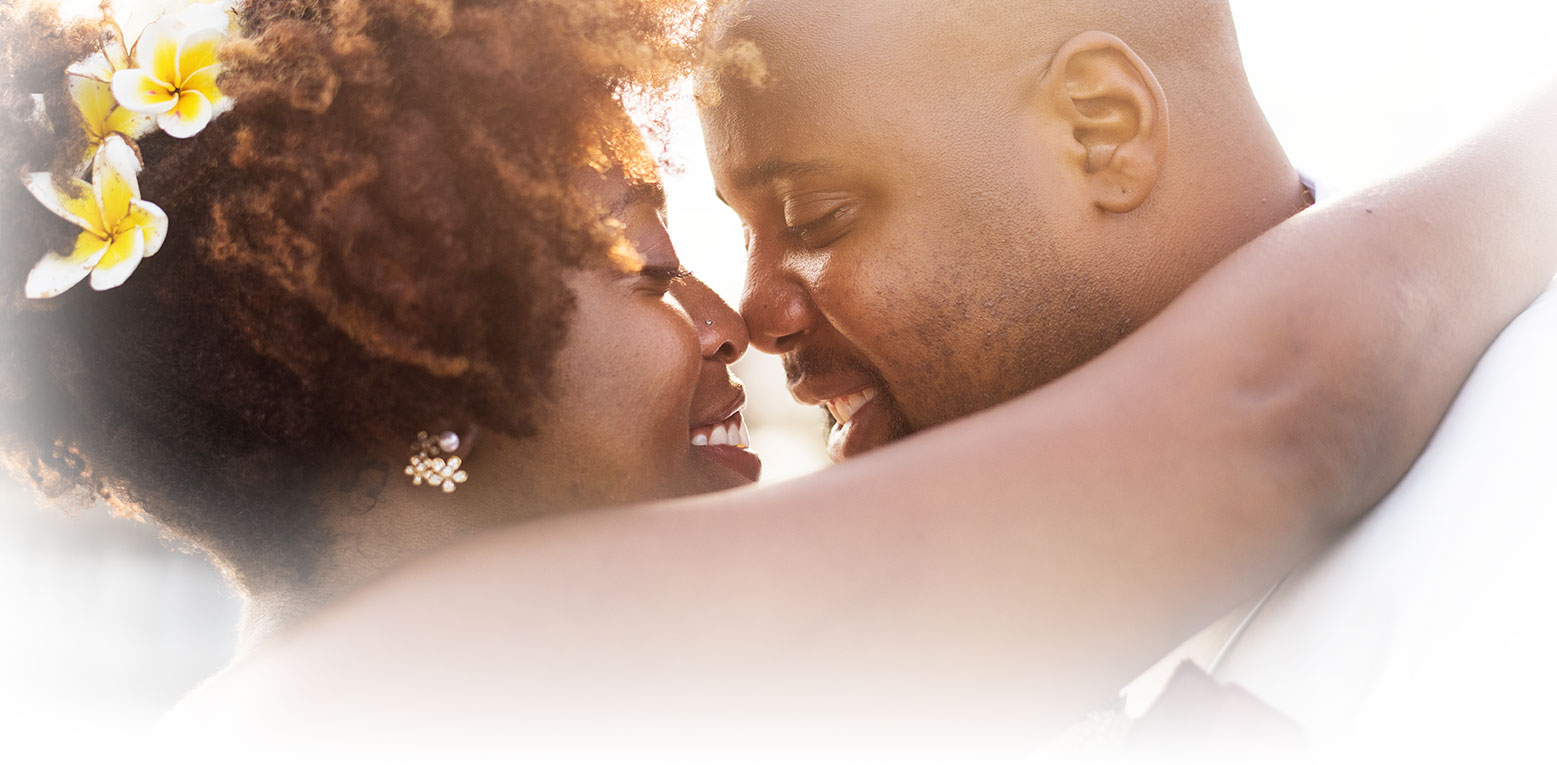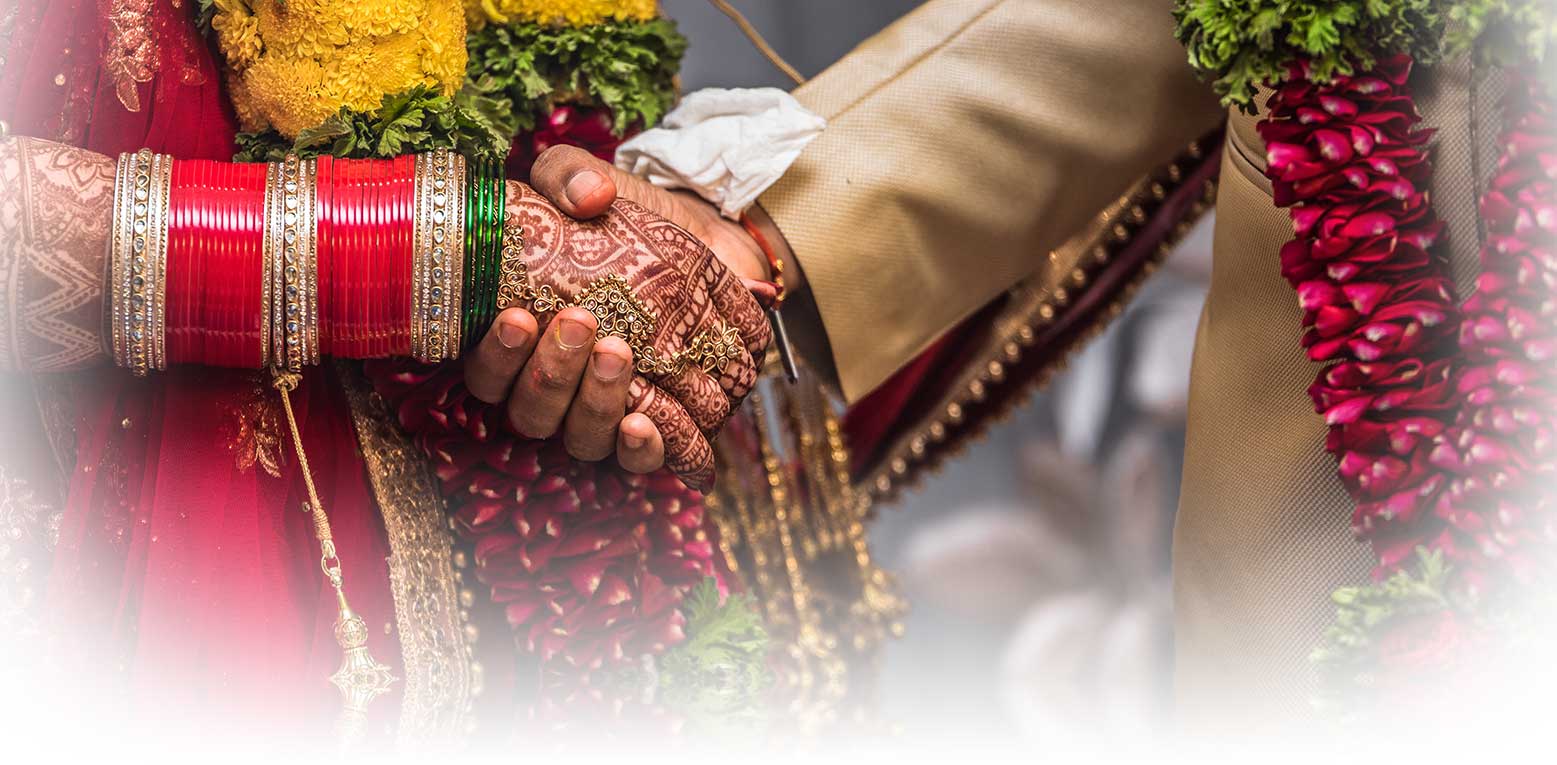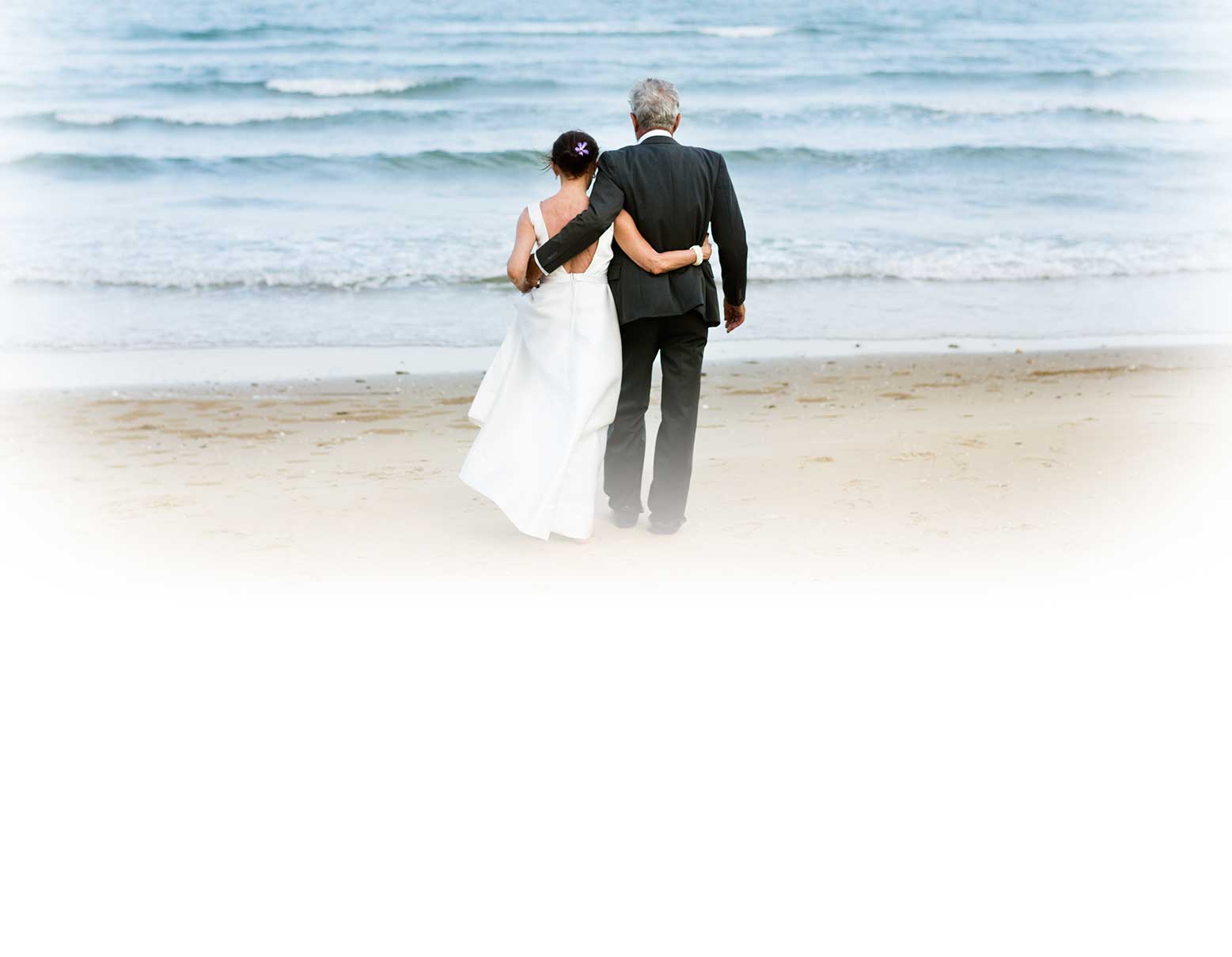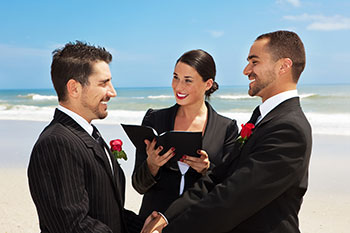Plan Your Marriage Ceremony
Who Can Perform a Marriage Ceremony?
Marriage may be solemnized by any priest, minister, or rabbi of any religious denomination, a judge or retired judge, commissioner or retired commissioner, or assistant commissioner of a court of record, a judge or magistrate who has resigned from office, or by a person authorized to do so.
A former member of the Legislature or constitutional officer of this state or a former member of Congress from this state or a person that holds or formerly held a city or county elected office can also solemnize marriages.
For each county, the county clerk is designated as a commissioner of civil marriages. The commissioner of civil marriages may appoint deputy commissioners of civil marriages who may solemnize marriages under the direction of the commissioner. (Family Code Section §400 and 401)
Civil Marriage Ceremonies at the Clerk Recorder’s Office
- Civil marriage ceremonies are conducted Monday through Friday from 8:00 a.m. until 3:30 p.m.
- The ceremony can be performed immediately following the issuance of the license.
- All fees are non-refundable. For current civil marriage ceremony fees, click here.
- 8-10 guests are allowed.
- You must bring at least one witness for a public marriage ceremony. No witnesses are required for a confidential marriage ceremony.
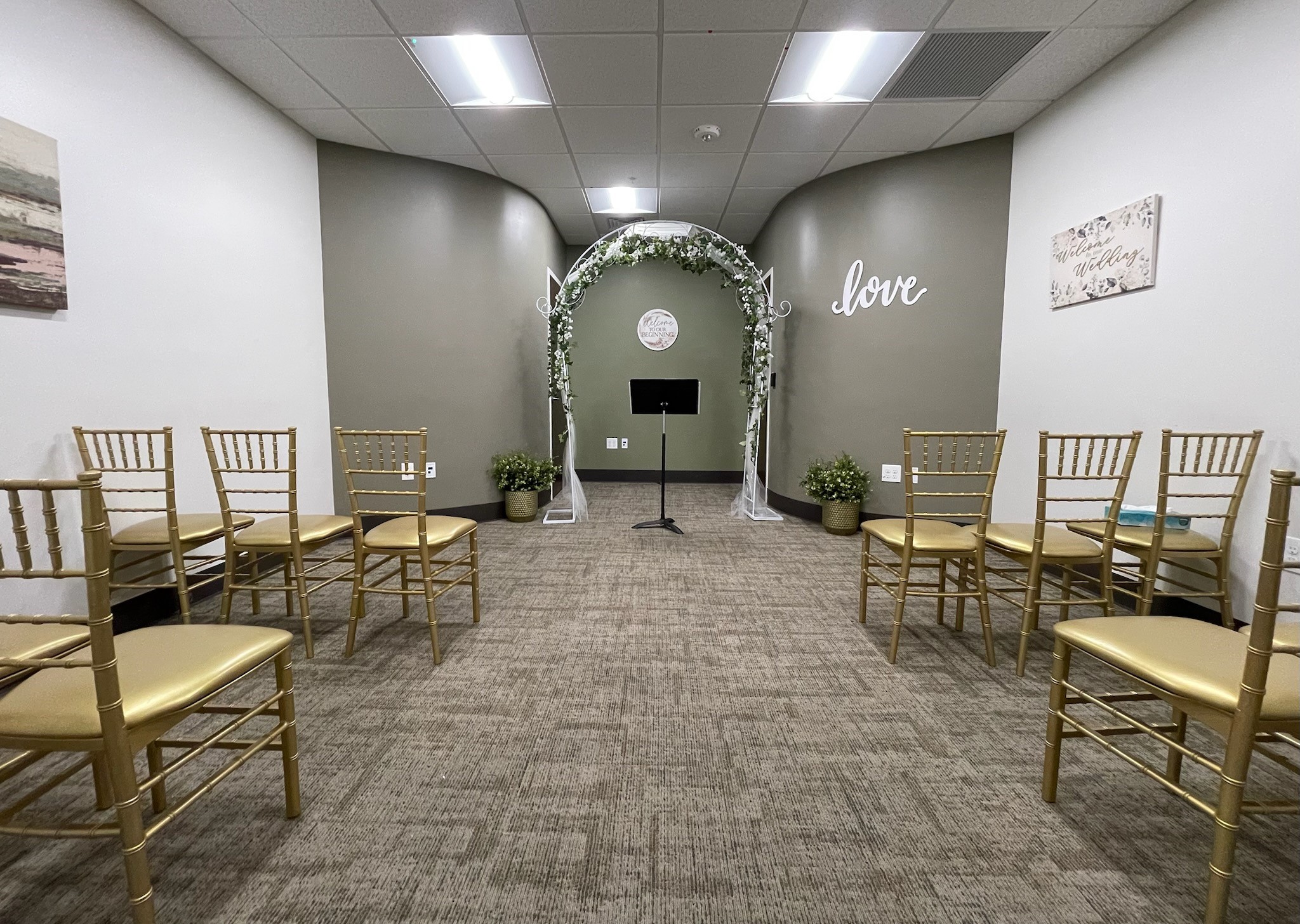
This is a photo of the Wedding Room where civil ceremonies are held at the Stanislaus County Clerk-Recorder Office.
Decorations are changed seasonally.
County Clerk-Recorder



